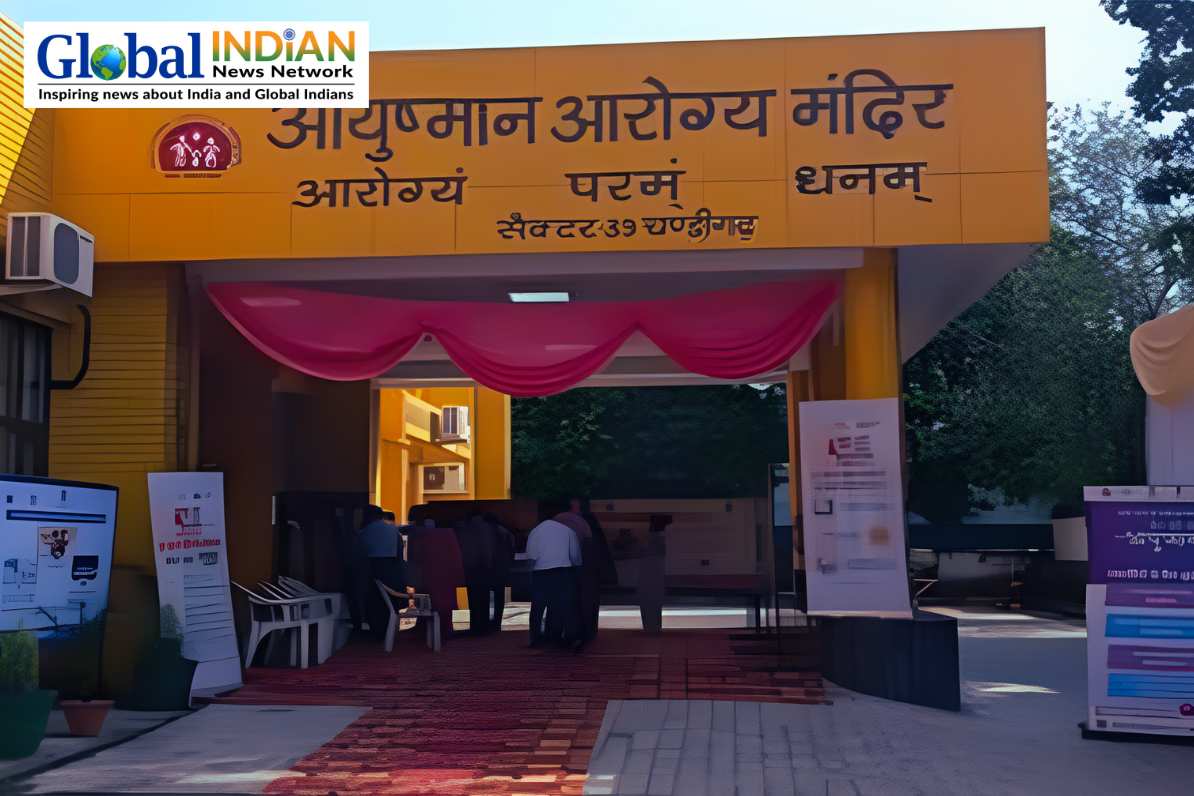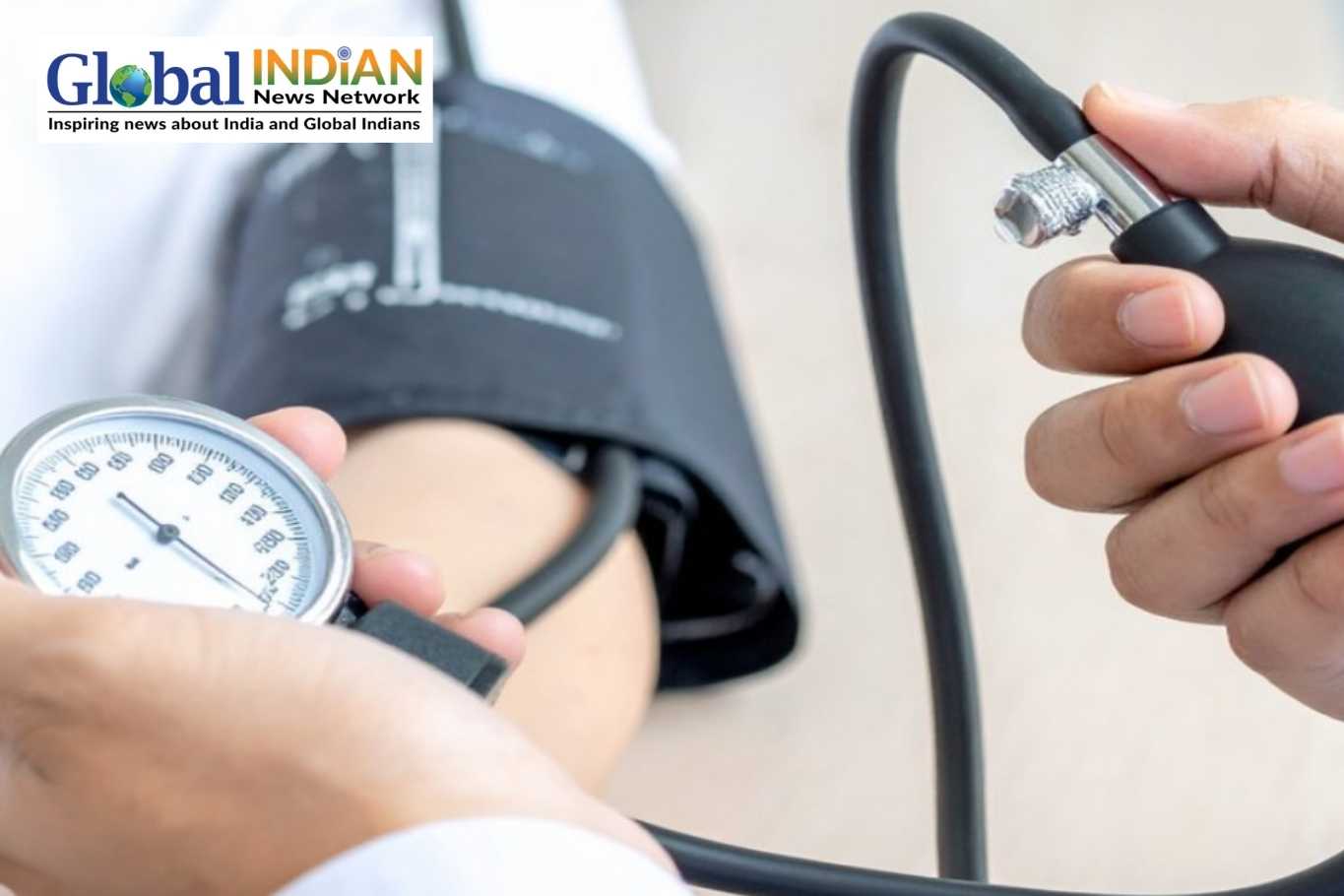
New research suggests that diabetes tests commonly used in the UK could be providing inaccurate results for tens of thousands of South Asian individuals, potentially leading to delayed diagnoses.
This study identified a genetic variation prevalent among South Asians, affecting the outcomes of a diabetes test commonly used for type 2 diabetes in the UK.
The HbA1c test, measuring average blood sugar levels, may yield falsely lower results in South Asian individuals with this genetic variation, potentially leading to delayed diagnoses, as indicated by the research.
Given the significant South Asian population affected by diabetes and prediabetes in England, with over 420,000 diagnosed with diabetes and more than 230,000 with prediabetes, the implications of inaccurate testing are concerning.
This revelation follows an independent review revealing racial biases in medical devices used for blood oxygen level testing, further highlighting disparities in healthcare.
With approximately 7.6% of South Asians carrying this genetic variant, around 32,000 individuals with diabetes and 17,500 with prediabetes in England could be affected by underestimations in the HbA1c test results.
The study, conducted by Dr. Miriam Samuel and colleagues at Queen Mary University London, underscores the importance of addressing genetic variations to ensure equitable access to accurate diabetes care for all individuals.
Dr. Samuel emphasizes the necessity of inclusive genetic research to understand and address healthcare inequalities in underserved populations, like South Asian communities.
Dr. Elizabeth Robertson, from Diabetes UK, stresses the urgency of further investigation into the accuracy of diabetes tests concerning ethnicity, highlighting the importance of precise diagnostics for effective diabetes management.
The research, based on data from the Genes and Health study and the UK Biobank, indicates that this genetic variant affects HbA1c test accuracy by influencing red blood cell structure and function.
Inaccurate test results could lead to delayed diagnoses and inappropriate treatments, underscoring the need for additional testing methods and monitoring approaches for South Asian individuals with the genetic variant.
These findings, to be presented at the Diabetes UK Professional Conference 2024, emphasize the importance of addressing genetic diversity in healthcare to ensure accurate diagnostics and effective management of diabetes.









